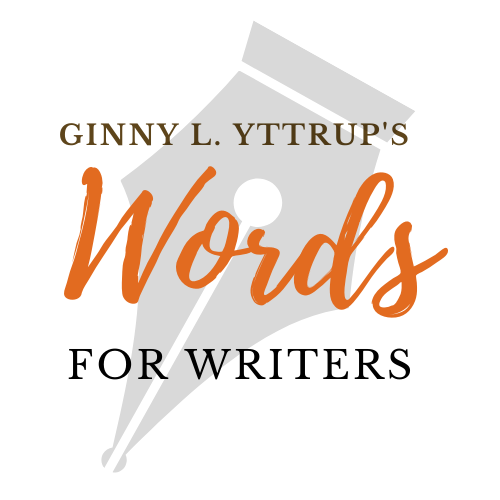
I am not a planner by nature. Instead, planning is a skill I’m nurturing, especially this month. I’ve set aside time to rest, recharge, and reevaluate the work I’m doing. To consider what, if anything, needs to change. To determine what I want to focus on moving forward. I’ve spent time in solitude, I’ve prayed, and I’ve listened for the still small voice of the Spirit.
I stepped almost completely back from work for the first half of November. One result is an abbreviated Tips & Tools.
Come January, I will encourage you to follow my lead. To rest after the hustle of the holidays. To look to the year ahead and spend time reevaluating the work you’re doing. To consider what, if anything, needs to change. To determine what you want to focus on moving forward. I’ll encourage you to pray and listen for the still small voice of the Spirit.
When we pray and listen as we plan, we may find God leads us in unexpected directions.
After spending time intentionally praying about my business, it became clear that, at least for now, it’s time to let go of the coaching services I’ve offered for more than a decade. You may find this change as wholly unexpected as I have. I am at peace with the decision. God has called me to write and to work with writers, but over the last two years, I have neglected one calling as I’ve focused on the other. It is time to find a way to balance both and to find my way back to writing fiction. I will continue offering critiques, developmental edits, workshops, courses, and my newsletters.
If you are one of my current coaching clients, our relationship will continue uninterrupted. If you’re a former client interested in picking up where we left off, email me, and we’ll consider options.
Although planning is not one of my natural strengths, I’ve learned several things about that skill over the last year. Here are my top tips for making a solid plan:
-
-
- Schedule time to plan. The necessity of doing so is why I’m inviting you to set aside time to plan in January.
-
-
-
- Planning and resting work well in tandem. When you are rested, your mind is clear, your energy focused.
-
-
-
- Discuss your work, ideas, and goals with wise and trusted family members, friends, or peers. Input is valuable.
-
-
-
- Survey your readers regarding the content you’re providing. Determine whether the work you’re doing is meeting the needs of your audience.
-
-
-
- Find a paper or digital planner that works well for you. I finally found a planner that I’m using consistently. The Full Focus Planner includes everything I need to plan my year and is my recommendation for you to consider if you’re looking for a planner.
-
Now, it’s your turn. If planning is one of your innate skills, I welcome your top tips for planning and nurturing a writing and work life, including any systems you use effectively. Share your tips in the comments section of this post on my blog. Let’s learn from one another.


What wonderful tips! Thank you for those.
For me, after moving my 95-year old mom in to live with my husband and I last year my life was drastically changed. I started living what one writer calls “multiple lives,” as a wife, full-time caregiver, full-time contract employee, part-time writer and part-time voiceover artist. I found that I no longer believed in that work-life balance concept. But what I could go for was a rhythm and flow to my days that helped feed all my “lives,” and left me feeling sane and peaceful.
From a practical standpoint, I had to stop pursuing new clients as a voiceover artist but keep the repeat clients I do have. This really worked for me to have a client-base that was manageable and not be/feel the overwhelm of having to hunt for new clients and still do what I love.
And as a writer, I’m writing a novel and have found making time to write is a work in progress itself.🙂
Thanks for being there.
Thank you for sharing your wise insight, Andrea!